Celebrating 20 Years in 2024
HDA Scholars
Where are they now?
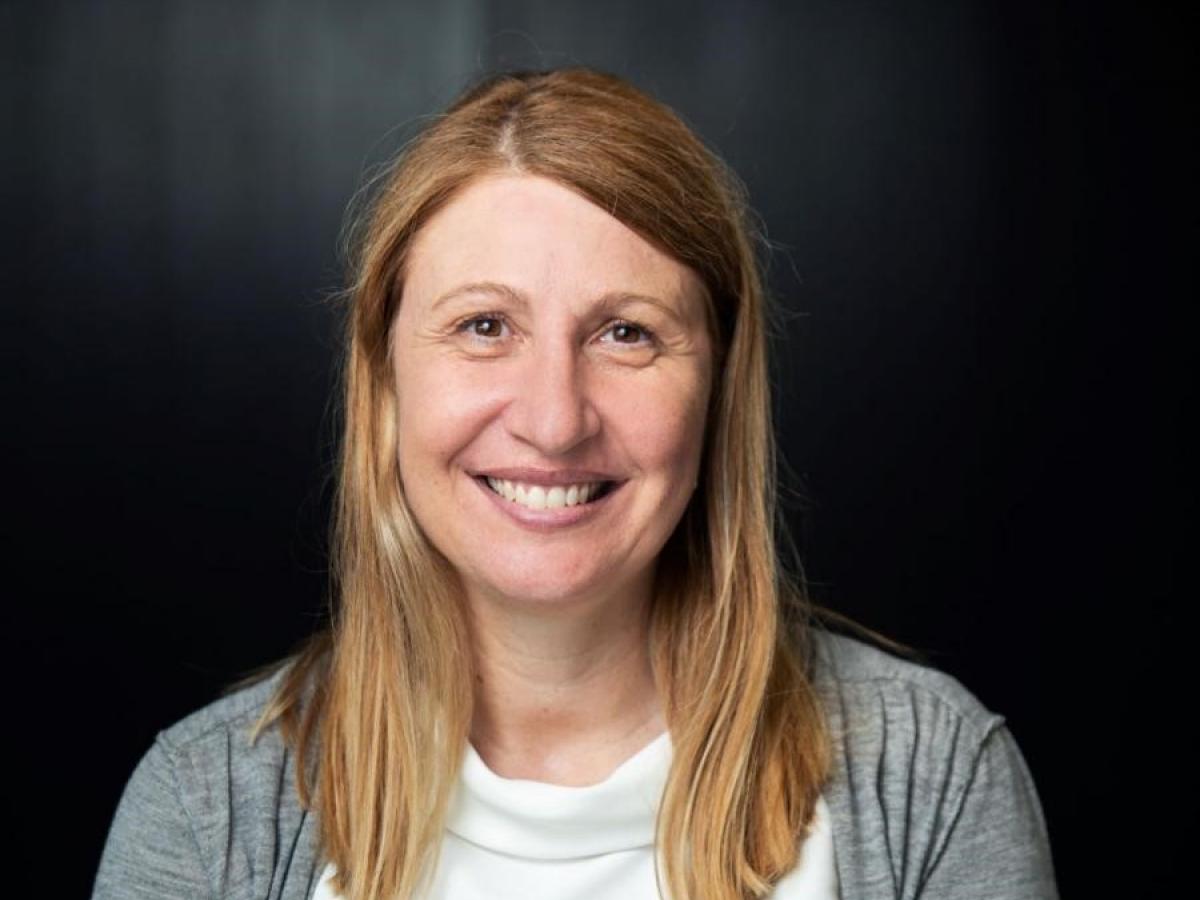
Dr Angela Gialamas, 2012 3rd cohort
Angela is an epidemiologist in BetterStart Health and Development Research, and a Lecturer in the Discipline of Public Health at the University of Adelaide. Her post-doctoral research centres on investigating the influence of early-life disadvantage on children's subsequent health and development. This includes investigating how socioeconomic factors, childcare practices, and parental investments influence the development and well-being of children. Angela is currently engaged in research supported by an MRFF grant. The project is a multi-site randomised controlled trial of a tailored intervention aimed to improve the transition to adult care for young adults with chronic medical conditions. Additionally, she is part of the BetterStart team collaborating with Goodstart Early Learning on a research program aimed to investigate the health, educational and developmental outcomes of children attending their centres compared to those who have not in South Australia.
Angela’s PhD project focused on whether the type, quality and time spent in non-parental child care influenced children’s cognitive and social-emotional development at school entry, and was mentored by supervisors Professor John Lynch, A/Professor Murthy Mittinty, University of Adelaide; Professor Michael Sawyer, Women’s and Children’s Health Network and Professor Stephen Zubrick, Telethon Kids Institute.
The HDA/CRF scholarship was an incredible source of financial support, affording Angela the opportunity to fully immerse herself in her research, ultimately enhancing the quality and depth of her work. The scholarship also provided Angela with the opportunity to undertake a workplace placement, which offered invaluable insights into real-world childcare practices. Engaging with staff during this placement allowed Angela to gain first-hand experience and deepen her understanding of the intricacies of childcare practices beyond the scholarly domain. Through Healthy Development Adelaide, Angela gained access to a mentor who provided invaluable guidance and support in navigating her professional development and career aspirations.
Upon completing her PhD, Angela had the opportunity to showcase her doctoral findings at an international conference thanks to a Healthy Development Adelaide travel grant. This experience proved invaluable, providing opportunities for networking, and building professional connections. Subsequently, Angela embarked on research exploring parenting investments in children's health and development, made possible by a Channel 7 Children's Research Foundation grant. With her PhD completed, Angela found herself presented with opportunities for further research, collaboration, and teaching roles.
We thank the Channel 7 Children’s Research Foundation for their financial support for the Scholars program and the PhD Excellence Awards.
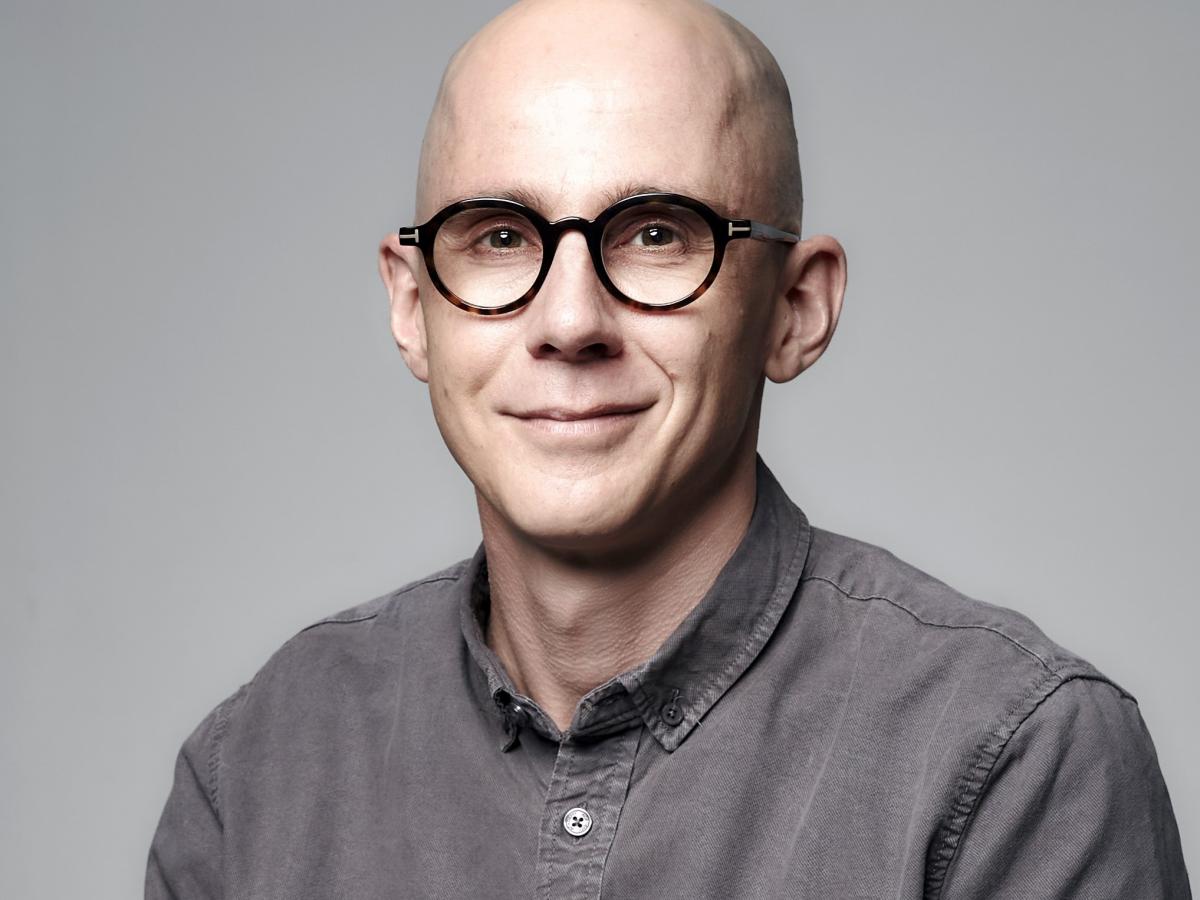
Dr Sam Buckberry, 2012 3rd cohort
Sam is currently working at the Telethon Kids Institute and the Australian National University, where he is the Head of Epigenetics in the Indigenous Genomics program. He was a founding member of this team in 2022 under the leadership of Prof Alex Brown. His work focuses on understanding the role of the epigenome in chronic disease and developing predictive biomarkers for cardiometabolic conditions, leveraging his extensive background in genomics and bioinformatics.
Sam’s PhD project focused on the transcriptional landscape of the human placenta and gene expression differences between the sexes, and was mentored by supervisors Professor Claire Roberts, Dr Tina Bianco-Miotto, Dr Stephen Bent, Professor Gus Dekker at the University of Adelaide.
During his PhD, Healthy Development Adelaide helped Sam find an independent mentor who provided invaluable career guidance, facilitated a placement in the neonatal intensive care unit at the Women’s and Children’s Hospital which helped him gain a new appreciation for the challenges that need to be overcome to improve developmental outcomes, and networking opportunities through volunteering at HDA events.
After his PhD, Sam was awarded an NHMRC early-career fellowship and seized the opportunity to work with Prof Ryan Lister at The University of Western Australia, where he undertook a 6.5 year postdoc specialising in genomics and bioinformatics. These opportunities allowed him to lead high-impact work in developmental and stem cell biology, which has been published in journals including Nature and Cell. His dedication to innovative and robust science has led to him being awarded the Raine Research Prize (2019), Mid-Career Research Award from Australian Bioinformatics and Computational Biology Society (2023) and a continuing role on the Executive Committee of the Australasian Genomics Technology Association.
We thank the Channel 7 Children’s Research Foundation for their financial support for the Scholars program and the PhD Excellence Awards.
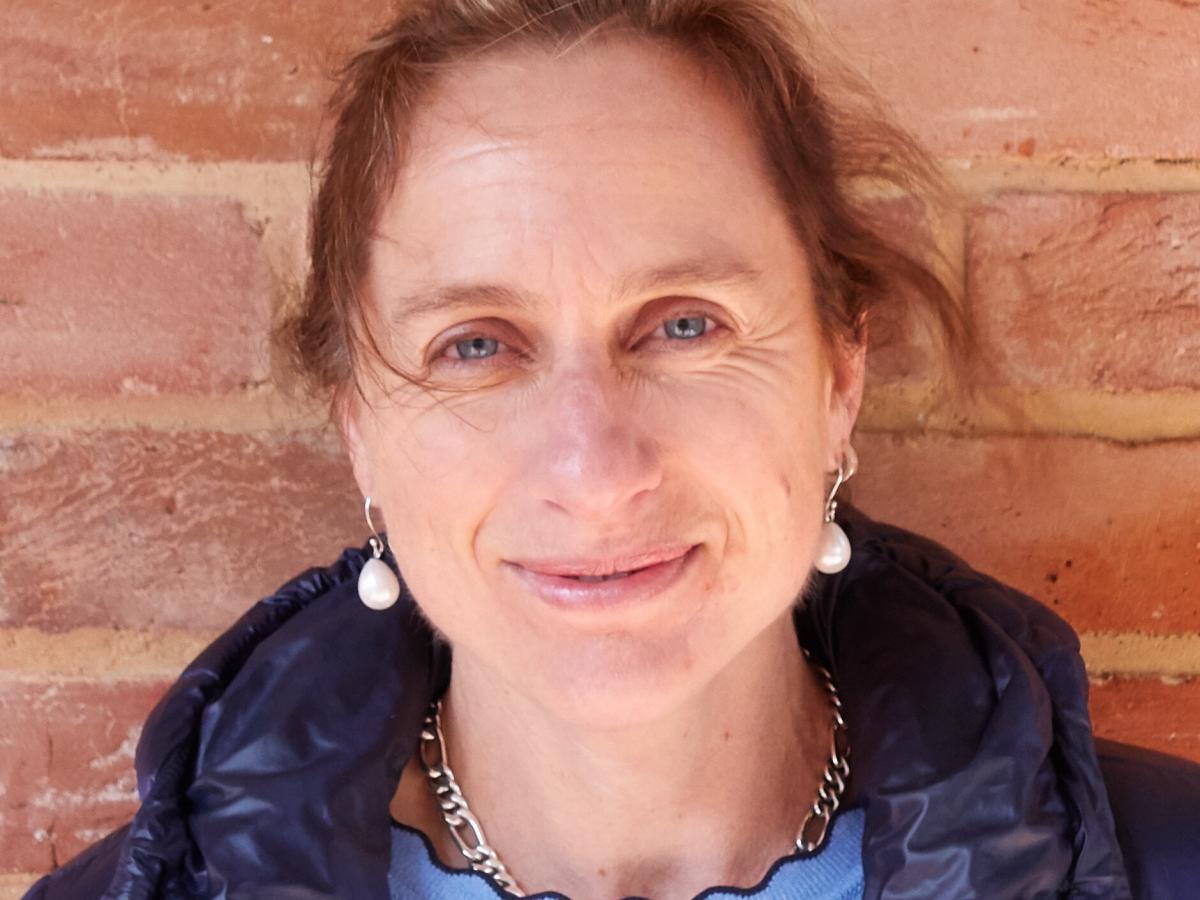
Dr Georgie Crichton, 2009 2nd cohort
Georgie’s PhD project focused on investigating the effects of low fat dairy consumption on cognitive functioning, psychological wellbeing and cardiometabolic health, and was mentored by supervisors A/Prof Karen Murphy and Dr Janet Bryan, University of South Australia.
Georgie is currently working across three private practices in Adelaide as a clinical psychologist. She sees clients of all ages with varying mental health conditions, including depression and anxiety, trauma-related disorders, substance use/addictive problems and disordered eating. She also assesses school children who are struggling with learning and behaviour.
While completing her PhD, Healthy Development Adelaide allowed Georgie to travel to the United States for three months to collaborate with researchers at the University of Maine. This allowed her access to data from a very large longitudinal study in the USA called the Maine-Syracuse study, which had collected health and dietary data from over 1000 people over several years. This collaboration with Maine researchers resulted in over 20 publications.
Upon completing her PhD, Georgie had the opportunity to apply for a research scholarship to undertake her post-doctorate. She was successful in obtaining a Sidney Sax Public Health Overseas Early Career Research Fellowship. This allowed her to spend two years at the Luxembourg Institute of Public Health where she collaborated with researchers there to continue her research into relationships between dietary intake, psychological well-being and cardiometabolic health. She and her international colleagues were able to use data from three countries (Australia, USA and Luxembourg) to analyse and compare findings. This collaboration resulted in a further 18 publications. Georgie subsequently returned to South Australia to complete her fellowship. Since completing her post-doctorate, Georgie obtained her Masters in Clinical Psychology.
We thank the Channel 7 Children’s Research Foundation for their financial support for the Scholars program and the PhD Excellence Awards.
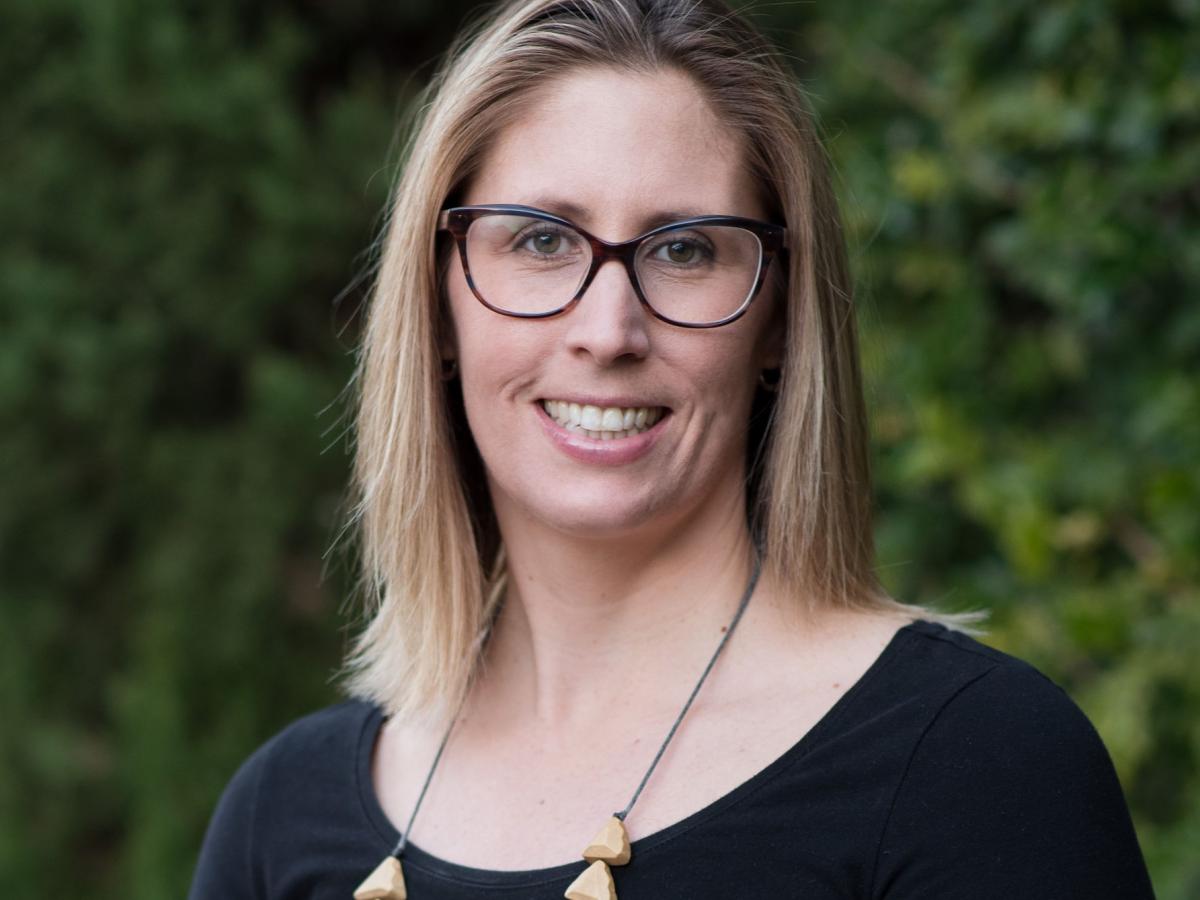
Dr Natasha Schranz, 2009 2nd cohort
Natasha is currently the Manager of Mental Health Programs within Preventive Health SA leading a fantastic team to drive evidence-based policy and programs to support improved mental wellbeing for South Australians. Prior to her current role Natasha held the positions of Principal Physical Activity Officer and Manager Early Years, Children and Young People, leading the physical activity and then children, family and food portfolios respectively.
Natasha’s PhD project focused on running a resistance training intervention for overweight and obese adolescent males, and was mentored by supervisors Dr Grant Tomkinson, Professor Tim Olds and Dr Natalie Parletta (UniSA).
While completing her PhD, HDA organised a placement for Natasha within the City of Marion council to undertake a field-based project. Natasha completed environmental audits of local playgrounds to propose improvements that would promote increased usage and risky play among children. This allowed her to broaden her knowledge regarding the real-life implications research and partnership can have.
Upon completing her PhD, Natasha had the opportunity to work as a Research Fellow within UniSA for five years during which time she co-founded and then led the National Collaboration, Active Healthy Kids Australia and was the lead author for the Australian Report Card on Physical Activity for Children and Young People. Natasha then moved on to take on the role of Research Translation Manager within Heart Foundation South Australia, which saw her engage with and build collaboration among the cardiovascular research community. Natasha also used her research training to develop and then implement the Community Hearts Program within regional communities to encourage people to visit their GP for a ‘heart health check’.
We thank the Channel 7 Children’s Research Foundation for their financial support for the Scholars program and the PhD Excellence Awards.
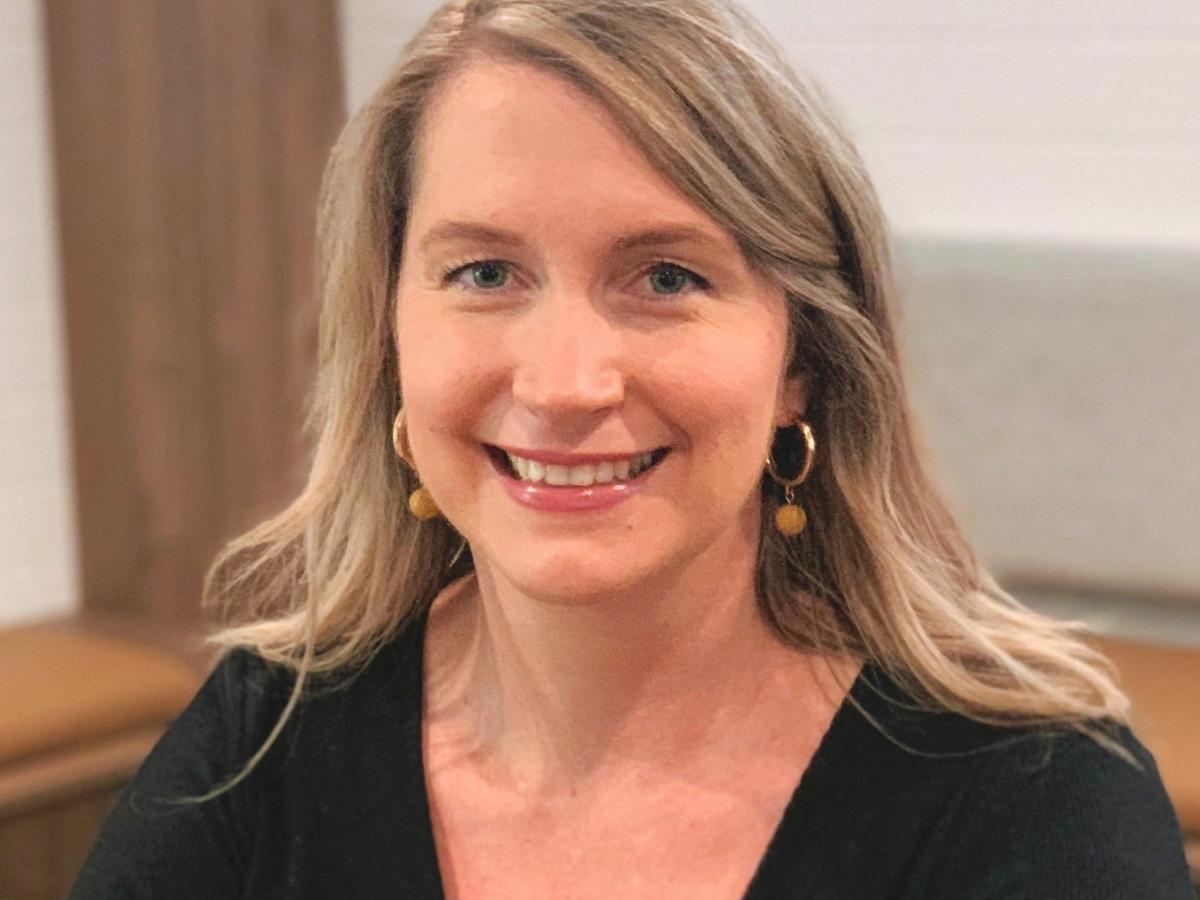
Dr Dorota Zarnowiecki, 2009 2nd cohort
Dorota is a Research Coordinator at the University of South Australia, working across the UniSA Research Office and Allied Health and Human Performance Unit.
Dorota’s PhD project focused on exploring relationships between socioeconomic position and children’s dietary intake to inform intervention design, and was mentored by supervisors Dr Jim Dollman and Dr Natalie Parletta (UniSA).
While completing her PhD, Dorota undertook a three-phase mixed-methods study involving over 600 children aged 9-13 years, which provided evidence to inform how socioeconomic position should be defined and used in future research to gain more accurate insights into the impact of socioeconomic position on children’s dietary intake. Her findings identified that the predictors of children’s dietary intake vary by socioeconomic position, suggesting that it may be beneficial to design tailored nutrition interventions for children from disadvantaged backgrounds.
With the support of Healthy Development Adelaide Scholars program during her PhD, Dorota was also able to explore the diverse range of careers and opportunities in which nutrition-focused researchers can apply their research skills, including via work experience and mentoring.
Upon completing her PhD, Dorota had the opportunity work as a Research Fellow at the University of South Australia and Flinders University. Dorota’s postdoctoral research investigated approaches to improving nutrition and health in vulnerable population groups including young children, mental ill health and rural populations. During this time, she worked with multidisciplinary teams involving partners from health organisations, early childhood education, Government and industry.
Dorota’s passion has always been to help families to develop healthy eating habits from early childhood. As such, she completed a Master of Nutrition and Dietetics to become an Accredited Practising Dietitian. A highlight of her postdoctoral research has been working as part of the NHMRC Centre of Research Excellence in the Early Prevention of Obesity in Childhood and the VegKIT Study (www.vegkit.com.au), which developed and tested approaches that supported the development of healthy eating from infancy.
We thank the Channel 7 Children’s Research Foundation for their financial support for the Scholars program and the PhD Excellence Awards.
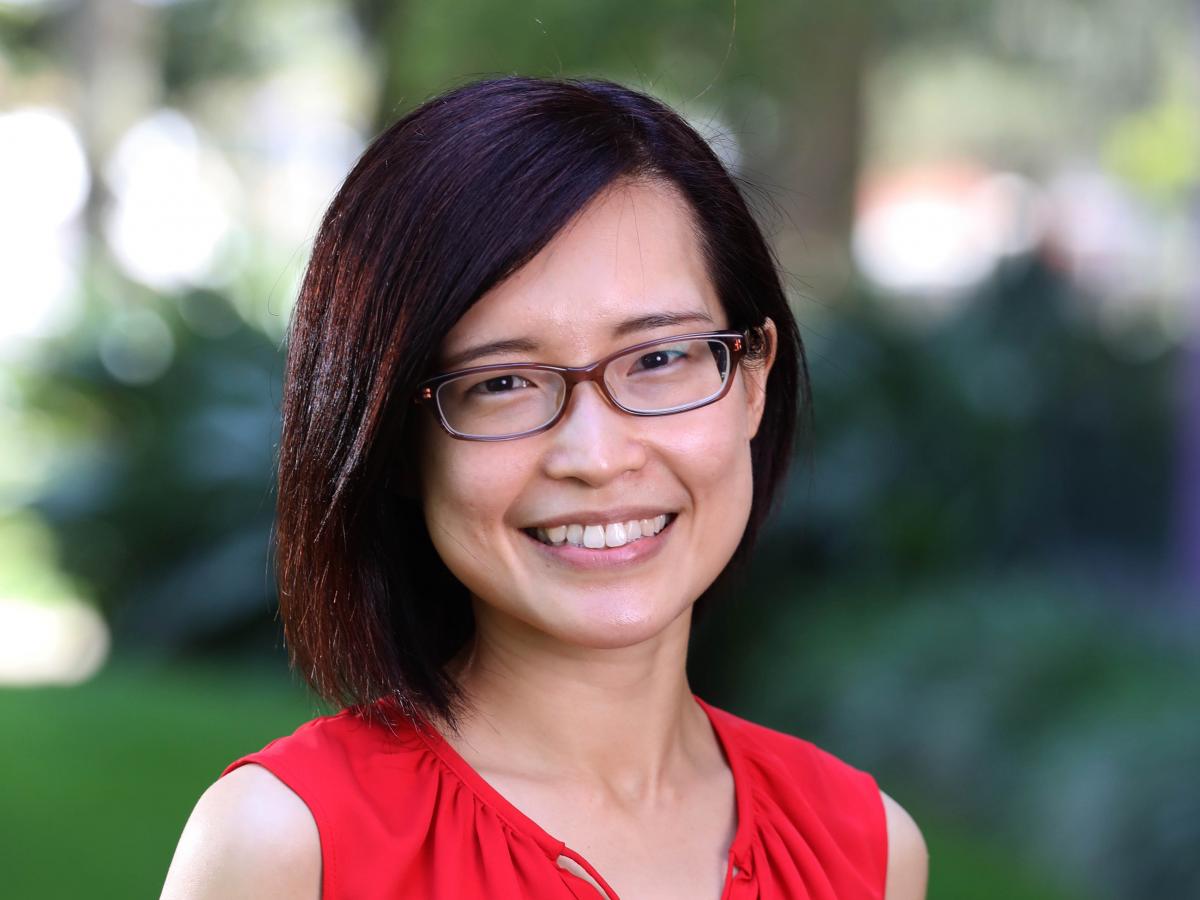
Dr Zhi Yi Ong, 2009 2nd cohort
Zhi Yi is a Senior lecturer and ARC Future Fellow in the School of Psychology at the University of New South Wales. Her current research focuses on understanding the neurobiological mechanisms of appetite control and addiction. This includes investigating the role of neuropeptides, neurons and neural circuits as well as their interaction with the gut in regulating different feeding and addictive behaviours. In her research, Zhi Yi uses a variety of behavioural tasks together with modern neuroscience tools in preclinical models to understand the mechanisms at the cellular, circuit and behavioural levels.
Zhi Yi’s PhD project focused on determining whether being exposed to maternal junk food diet during fetal life leads to altered development of the central reward pathway, and was mentored by supervisors Professor Beverly Muhlhausler (University of Adelaide) and Professor Caroline McMillen (UniSA).
While completing her PhD, Healthy Development Adelaide allowed Zhi Yi to pursue her research in maternal programming of offspring appetite where she showed that maternal cafeteria diet during pregnancy and lactation increases offspring fat intake throughout life. This increase in fat intake is associated with altered opioid receptor expression within the central reward system. HDA also supported Zhi Yi’s research career through travel awards where Zhi Yi was awarded two HDA travel grants to present her research at national and international conferences. Furthermore, through the HDA mentoring and practicum placement program, Zhi Yi had the opportunity to connect with and learn from researchers in the neuroscience field (Professor Simon Brookes and Professor Damien Keating, Flinders University), where her research interests were expanding into.
Upon completing her PhD, Zhi Yi had the opportunity to move to the USA for a postdoctoral position in the Laboratory of Systems Neuroscience, Department of Psychology at the University of Pennsylvania. Under the mentorship of Professor Harvey Grill, Zhi Yi begun her research program on the neural basis of energy balance control. In 2017, Zhi Yi received an ARC DECRA and returned to Australia to continue her research program at the School of Psychology, UNSW, where she is currently based. She has since received funding from NHMRC and ARC to support her research program.
We thank the Channel 7 Children’s Research Foundation for their financial support for the Scholars program and the PhD Excellence Awards.
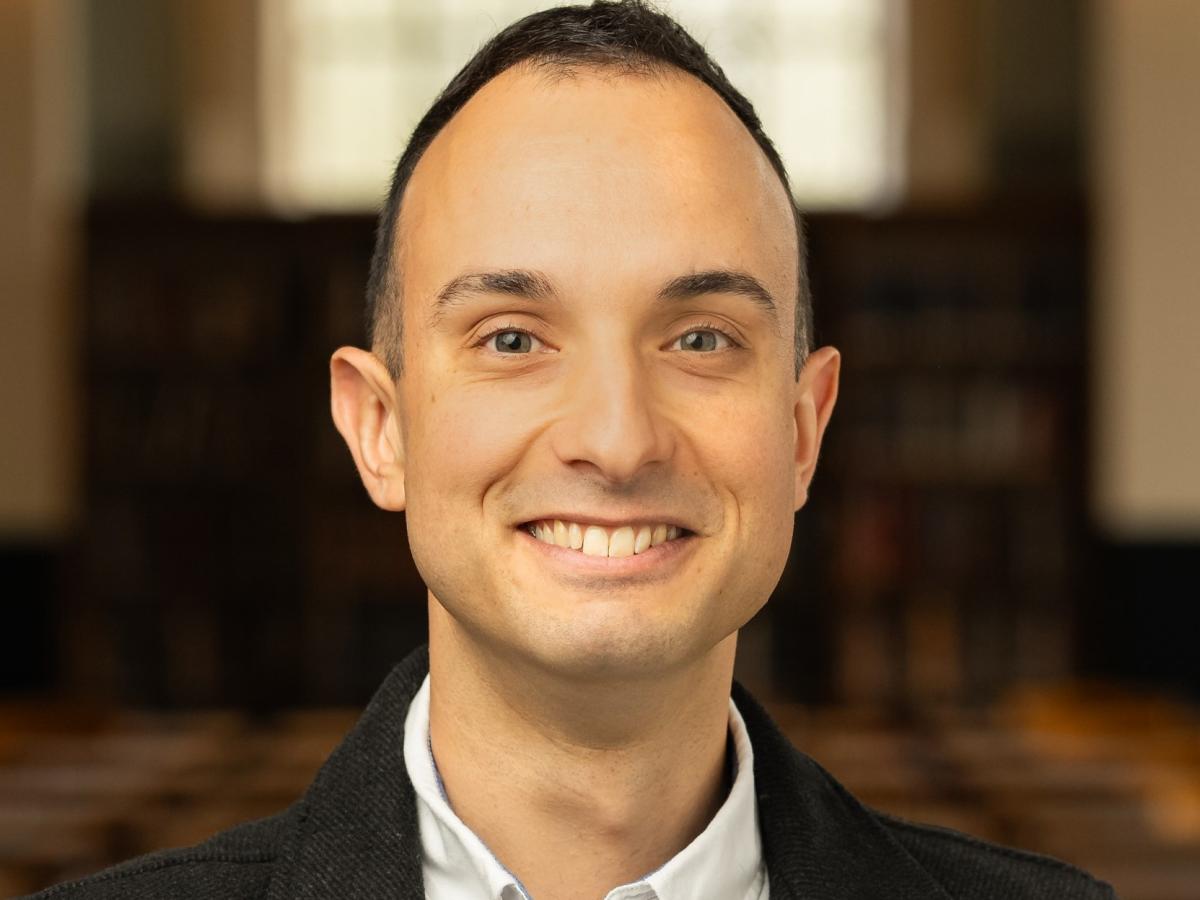
Dr Luca Prisciandaro, 2009 2nd cohort
Luca is currently the Acting Managing Director of Children’s University Australasia and Africa (IO), a program run by the University of Adelaide to promote equity of educational opportunity and establish new pathways to higher education for students aged 5 -18.
Luca’s PhD project focused on Identifying probiotics that can provide beneficial therapy for chemotherapy-induced mucositis, and was mentored by supervisors Professor Gordon Howarth (University of Adelaide / WCHN), Dr Mark Geier (SARDI), Dr Adrian Cummins (QEH), and Professor Ross Butler (UniSA).
While completing his PhD, Luca identified, isolated and employed probiotic supernatants in both in vivo and in vitro models to determine their efficacy in the treatment or prevention of gastrointestinal mucositis – a common side effect of chemotherapy. The work led to five peer-reviewed publications, and supported ongoing research within the laboratory. Furthermore, Luca had his first experience as an educator during his PhD and these experiences triggered a marked change in career trajectory.
Instead of continuing down a path as a researcher, Luca realised that his passion sat in science communication instead and soon took on the role of Scientist in Residence at the Mark Oliphant College. Here he developed and ran iMOC – a science immersion program at the University of Adelaide’s Roseworthy campus for primary aged students. Close collaboration with staff from the University led Luca to Children’s University where he has helped grow the initiative from one school in 2023, to more than 170 schools across the state as well as partnerships around Australia, New Zealand and even the island of Mauritius.
We thank the Channel 7 Children’s Research Foundation for their financial support for the Scholars program and the PhD Excellence Awards.
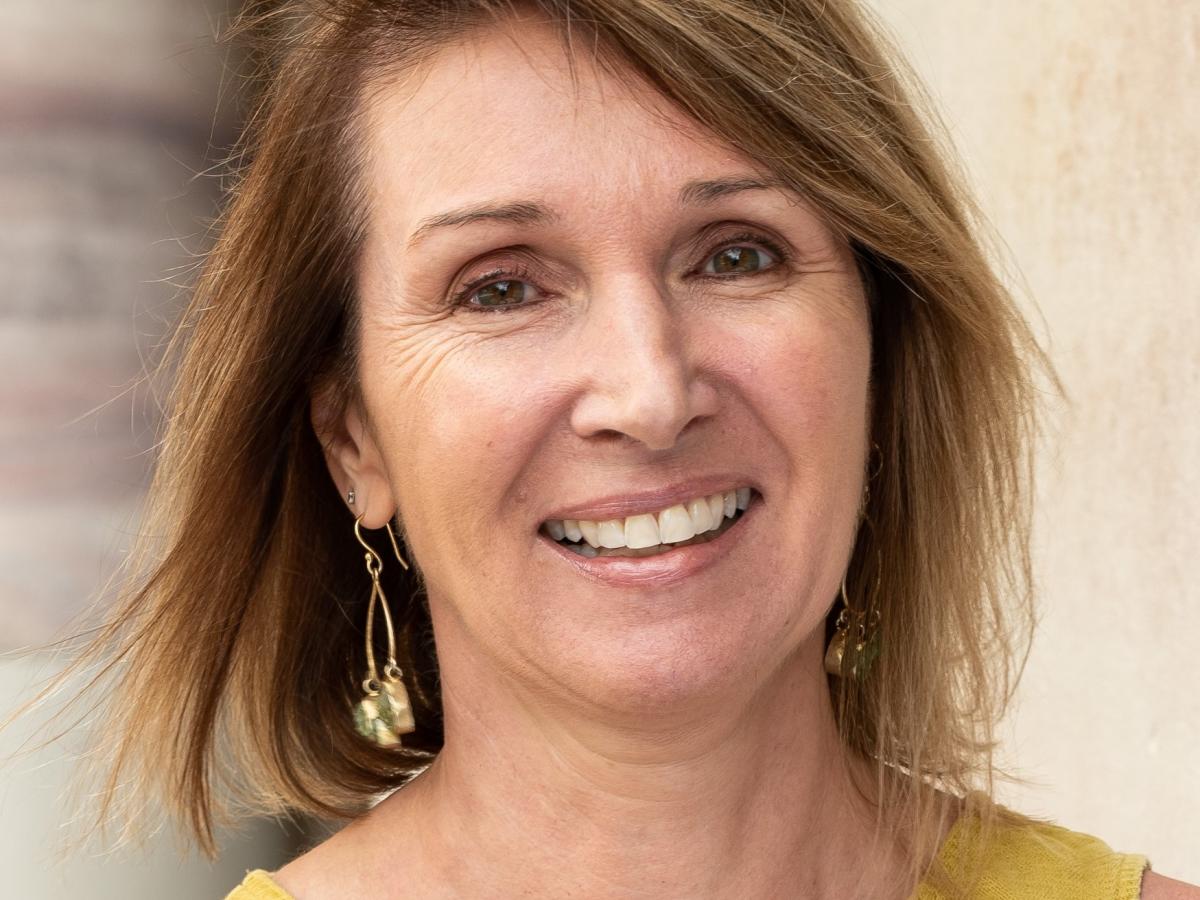
Dr Lisa Akison, 2009 2nd cohort
Lisa is a Senior Lecturer and Higher Education Academy Fellow working in the School of Biomedical Sciences at the University of Queensland, Brisbane.
Lisa’s PhD project studied the molecular mechanisms regulating ovulation and oviductal function. Her supervisors were Professor Rebecca Robker, Professor Darryl Russell and Professor Rob Norman (Robinson Research Institute, University of Adelaide).
While completing her PhD, Lisa used a unique progesterone receptor knockout mouse model to investigate potential downstream molecules and pathways that regulate the release of the oocyte at ovulation. This model was also used to examine the function of the oviduct – an important conduit between the ovary and uterus that is the site of fertilisation and early embryo development. This work has led to 7 peer-reviewed publications and laid the foundations for current research at the Robinson Research Institute to identify candidate targets for novel non-hormonal contraceptives.
Upon completing her PhD, Lisa had the opportunity to move to Brisbane, where she has worked at the University of Queensland since 2015. She joined the lab of Professor Karen Moritz and went on to lead preclinical projects examining developmental programming of health and disease. In particular, she investigated the impact of prenatal alcohol exposure on the placenta, embryo, fetus and adult offspring. Lisa trained in systematic review and meta-analysis methodology and has since published 8 systematic reviews, mostly in her research area. She is currently involved in a large review of the evidence underlying the diagnostic criteria for Fetal Alcohol Spectrum Disorder (FASD) with collaborators at the Child Health Research Centre.
Lisa has also discovered a love of teaching, recently transitioning to a Teaching-Focussed role in the School. She is co-course coordinator for two premier 3rd-year courses in Biomedical Sciences, including the Capstone Course, and has developed research interests in the Scholarship of Teaching and Learning.
We thank the Channel 7 Children’s Research Foundation for their financial support for the Scholars program and the PhD Excellence Awards.
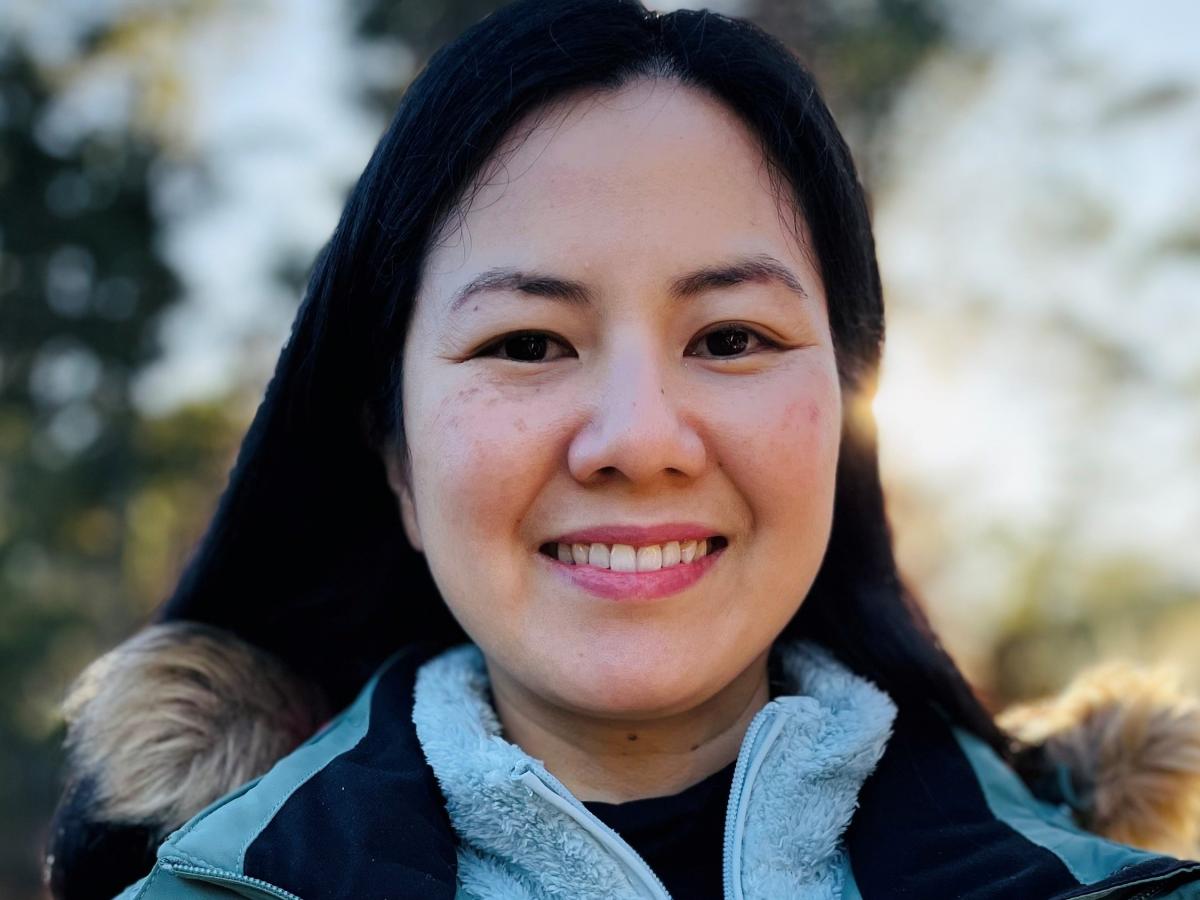
Dr Siew Lim, 2006 1st cohort
Siew is a Senior Research Fellow and an Accredited Practising Dietitian (APD), from Health Systems and Equity, Monash University, Australia.
Siew’s research is on addressing health inequity in women of reproductive age with a focus on preconception, pregnancy and postpartum lifestages. Her research program includes a partnership with Diabetes Victoria to develop adaptations to their Life! program for priority populations among women of reproductive age. Siew also has a research focus on consumer-driven research in diabetes prevention in women with a history of gestational diabetes. She has established an international consumer group for women’s health called Cardiometabolic Health Implementation Research in Postpartum women (CHIRP): Mothers’ voices matters (https://hipp.org.au/networks/chirp/). Siew is also the Chair of Equity, Inclusivity and Diversity for Nutrition Society of Australia.
Siew’s PhD project studied the effects of metformin or lifestyle intervention on weight, metabolic, reproductive and psychosocial outcomes in young women. Her supervisors were Professor Manny Noakes, Professor Peter Clifton (CSIRO Human Nutrition) and Professor Robert Norman (Robinson Research Institute, University of Adelaide).
While completing her PhD, Healthy Development Adelaide allowed Siew to work on a clinical trial involving lifestyle intervention vs metformin in women of reproductive age of ~200 women, with a multidisciplinary team of endocrinologist, obstetrician and gynaecologist, exercise physiologist, psychologist and dietitian. This led to a research career in this population group.
Upon completing her PhD, Siew had the opportunity to:
-work as a visiting research fellow at the University of Malaya in Malaysia (2010)
-a postdoctoral research fellow at University Department of Rural Health, Flinders University in regional Victoria (2012-2017). During this time, Siew worked with a team that developed a diabetes prevention program for Diabetes Victoria, in which she developed an adaptation for women of reproductive age (building on her PhD).
-a research fellow at Health Systems Improvement Unit at Deakin University (2017-18)
-NHMRC Early Career Fellow at Monash Centre for Health Research and Implementation, Monash University (2018-2022). During this time, Siew developed a research program in women with polycystic ovary syndrome, including the development and evaluation of a multidisciplinary PCOS service at Monash Health, the largest public health service in Victoria.
We thank the Channel 7 Children’s Research Foundation for their financial support for the Scholars program and PhD Excellence Awards,
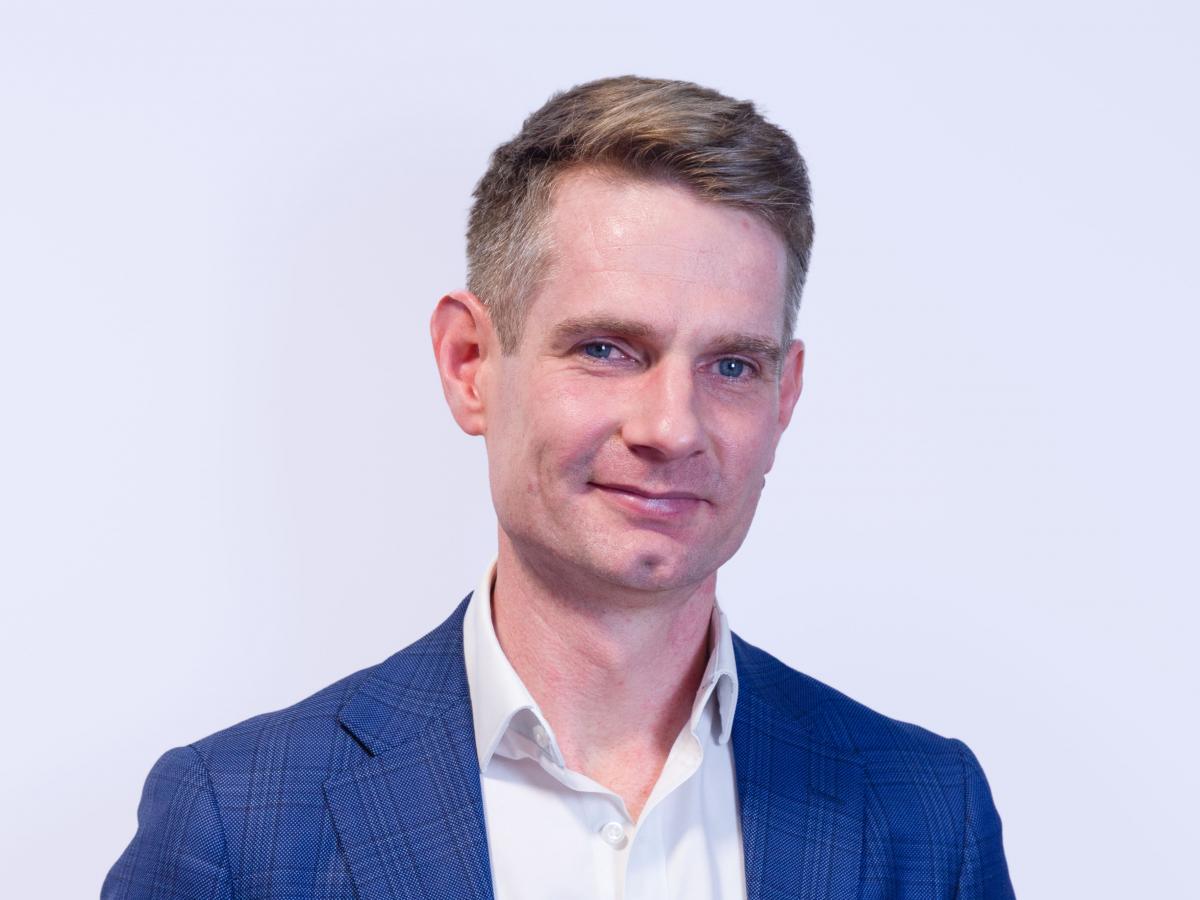
Dr Leigh Guerin, 2006 1st cohort
Leigh is a Patent Attorney, with the firm Phillips Ormonde Fitzpatrick, who specializes in Biotechnology and assists researchers in protecting their inventions to facilitate the commercialization of their discoveries, enabling the implementation of new medical treatments and diagnostics.
Having pursued undergraduate studies in Medical and Pharmaceutical Biotechnology, Leigh was provided with the opportunity to undertake a PhD with the support of Healthy Development Adelaide. Leigh's PhD project focused on studying the role of maternal T regulatory cells in healthy pregnancy, and he was mentored by his supervisors - Professor Sarah Robertson (Robinson Research Institute, University of Adelaide) and Professor John Hayball (UniSA).
While completing his PhD, Healthy Development Adelaide allowed Leigh to explore his interest in research commercialization, including arranging mentoring and work experience.
Upon completing his PhD, Leigh had the opportunity to take on a Post-doctoral research position at Harvard University in the laboratory of Jack Strominger in the Department of Stem Cell & Regenerative Biology. However, Leigh maintained his interest in the commercialization of research and decided to change career direction when an opportunity arose to move back home and take up a role as a Trainee Patent Attorney. Leigh's experience as a PhD student and a Post-doctoral researcher, assisted by Health Development Adelaide, is critical in his current role as he needs to understand the complex science that underpins his clients' innovations.
We thank the Channel 7 Children’s Research Foundation for their financial support for the Scholars program and the PhD Excellence Awards.
